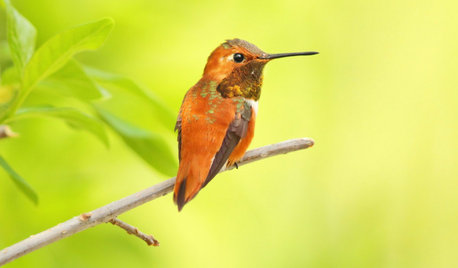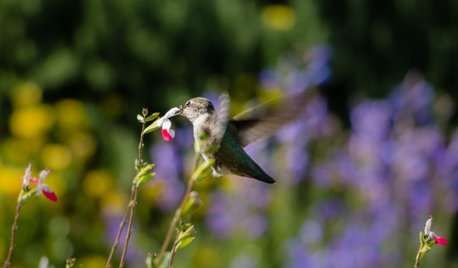Hello Everyone, I've been away for some time and am glad to be back on the site. A fellow Hibiscus enthusiast has asked me for some assistance with regard to Polyploid genetics of Hibiscus. I am interested, but lack the background to fully answer his questions. Can anyone here advise of the answers he is after. He will join in as soon as he is available.
Thanks for the response!! Well, I've just got a number of general questions of this knowledgeable "someone". First of all, I'm a retired hibiscus nut, living in the colder north eastern part of Washington State, on the border with Idaho, about 400 miles from Canada. I grow hibiscus indoors in pots, putting them outside in the three hot summer months.
I've done some hybridizing, and the total weirdness of the rosa-sinensis genetics has me intrigued. I've got one really good seedling that I'm about to register, but the diversity of its "brothers" (or "sisters"?) has really got me going. I'm wondering first of all if anyone has done any serious DNA-type research into the whole polyploid nature of rosa-sinensis, and if so, is any of it understandable by a layman like me, and where can I find it?.
Another question is if the structure of the seed pod has any mechanical relationship to the ancestry of the resultant seedlings. I'll try to explain. I find it hard to believe that EACH of the seeds in a pod is likely to be completely, randomly different from all the rest. It seems to me that it would be an evolutionary likelihood that each "row" of seeds would be arranged in that fashion for a reason, and that the reason MIGHT be that each seed in a given row would have a more direct relationship to each other than to the seeds in another row. This knowledge, if likely, could cause hybridizing to become a little more of a science than an art or a hobby.
Now, obviously, this is mere wild speculation on my part, but I've been a bit of a statistician in my life, and find the statistics of biological relationships fascinating, though I'm certainly no expert. I know just enough to understand that there are biological patterns that develop for reasons, much the same way that we developed two eyes, two ears, etc., and didn't end up with one in the back of our head, for example.
So, I was just wondering if there was some hibiscus fancier out there who had enough knowledge or experience, or perhaps a hybridizer that wanted to do (or had already done) some controlled experiments to answer these and other similar questions. The end result might just be a lot of interesting talk, or we might collaborate on adding some knew knowledge to the knowledge base of this absolutely fascinating plant.
So that's it. I see you're coming from Australia, so don't hibiscus+internet create a lot of new relationships? That in itself is an intriguing subject!
Thanks again for responding, and I look forward to additional discussion.
Thanks to everyone.
Regards, Brian Kerr.






sycamore_guy
gardeniarose
Related Discussions
HAVE: Fresh hardy hibiscus, fresh m. jalapa
Q
cross Exotic hibiscus with Hardy Hibiscus
Q
Hibiscus Family
Q
Hibiscus genetics
Q